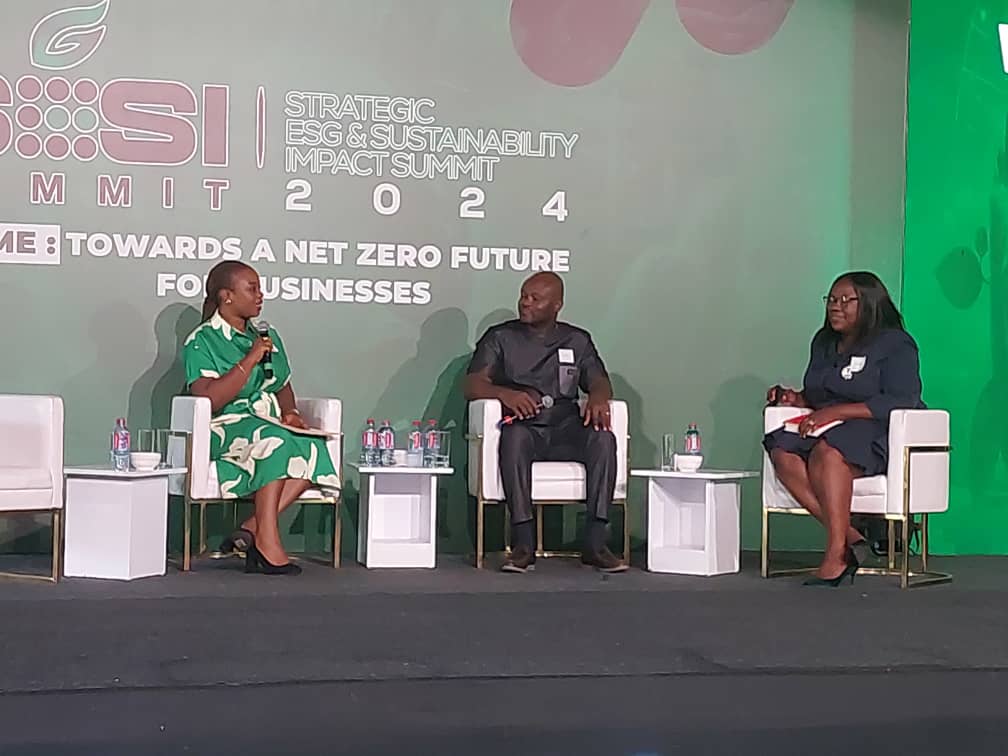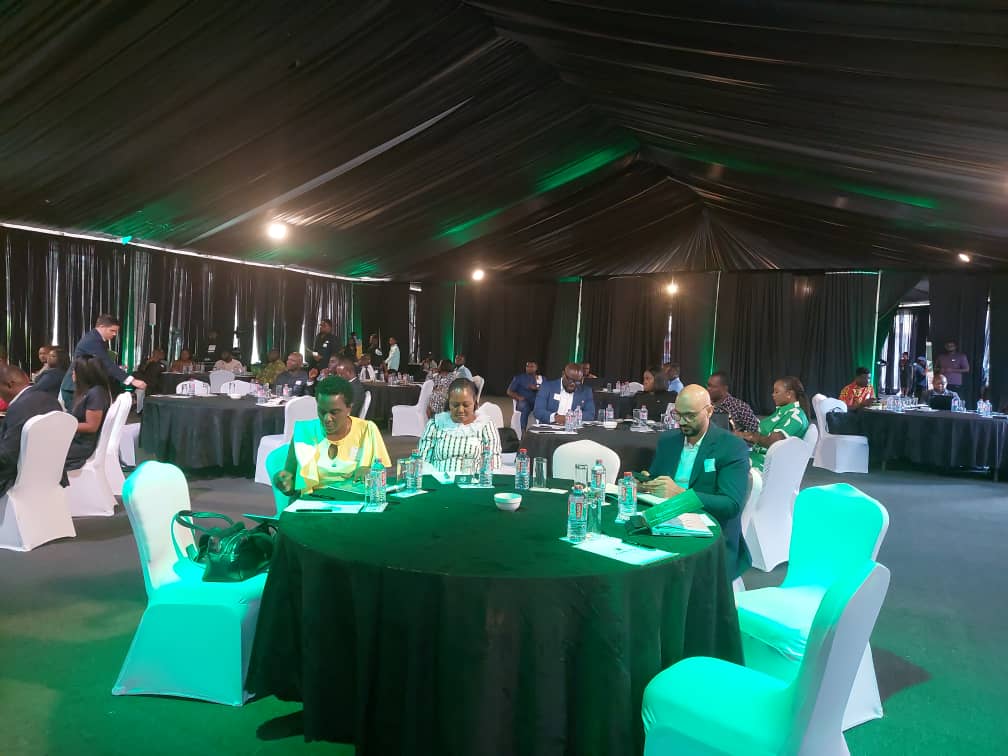By Daniel Adu Darko
Accra, Nov. 18, GNA – Ehunabobrim Prah Agyensaim VI, Paramount Chief of Assin Kushea and President of the Assin Owirenkyi Traditional Council, has called for robust alliances between government, businesses, and civil society to achieve net-zero emissions in Ghana.
Delivering the keynote address at the inaugural Strategy ESG and Sustainability Impact Summit 2024 (SESI 2024) at the Labadi Beach Hotel, the Paramount Chief emphasized the urgency of balancing human progress with environmental sustainability.
“Our ancestors taught us to nurture the land so it can nurture us. Yet today, our land faces existential threats from human activities,” he said, highlighting the rapid decline in global ecosystems, rising temperatures, and dwindling natural resources.
Drawing on insights from the 2024 Ghana Environmental Manifesto, Ehunabobrim Prah Agyensaim VI painted a grim picture of deforestation, water pollution, and land degradation, largely due to unregulated mining and insufficient enforcement of environmental regulations.
He pointed to a Ghana EPA report that revealed the loss of over 1.41 million hectares of forest cover in two decades—a devastating 20% reduction—and widespread pollution of the country’s water bodies from agriculture, illegal mining, and waste mismanagement.
The economic consequences of climate change, he noted, were equally alarming. Citing the World Bank’s Country Climate and Development Report for Ghana, he warned that climate shocks could push an additional one million Ghanaians into poverty by 2050, potentially increasing poverty levels by 40%.
However, he also identified opportunities for private sector-led green growth in renewable energy, climate-smart agriculture, and green building.

“The path to a net-zero future is challenging but not impossible,” he asserted, urging stakeholders to move beyond rhetoric to actionable commitments.
Ehunabobrim Prah Agyensaim VI called for strengthened regulatory frameworks to ensure businesses are held accountable for their Environmental, Social, and Governance (ESG) commitments.
“Good governance is crucial. Transparency and accountability are essential to combat greenwashing and ensure the authenticity of ESG efforts,” he said.
He urged all stakeholders to prioritize social justice, fair labour practices, and community engagement to foster sustainable economies.
Referencing the Greek concept of Desmos—a bond of unbreakable strength—he stressed the need for alliances between governments, businesses, and civil society to drive meaningful change.
“We must transition from mere talk to tangible action, where deeds resonate louder than slogans. Let us pledge to eliminate our carbon footprint, innovate for sustainability, and inspire real change,” he charged.

The Chief also highlighted successful sustainability efforts in places like Kigali and Assin Kushea as proof that change is possible.
“As Africans, we must embrace a mindset shift. It is not as if we cannot achieve net zero—it is achievable,” he declared.
Professor Douglas Boateng, Board Chairman of SESI 2024, echoed these sentiments, emphasizing the importance of addressing sustainability gaps to achieve a net-zero future.
He stressed the need for strategic partnerships and innovation to position African businesses at the forefront of the global sustainability revolution.
“The journey to net zero demands collaboration. By leveraging expertise, resources, and networks, we can drive meaningful change and build a better world for future generations,” Professor Boateng said.

The two-day summit, hosted at the Labadi Beach Hotel, brought together industry leaders, policymakers, and visionaries to discuss innovative strategies for sustainability and ESG integration.
As the summit concluded, participants were reminded that the fight against climate change requires collective commitment and action to ensure the survival of the planet and the prosperity of future generations.
GNA